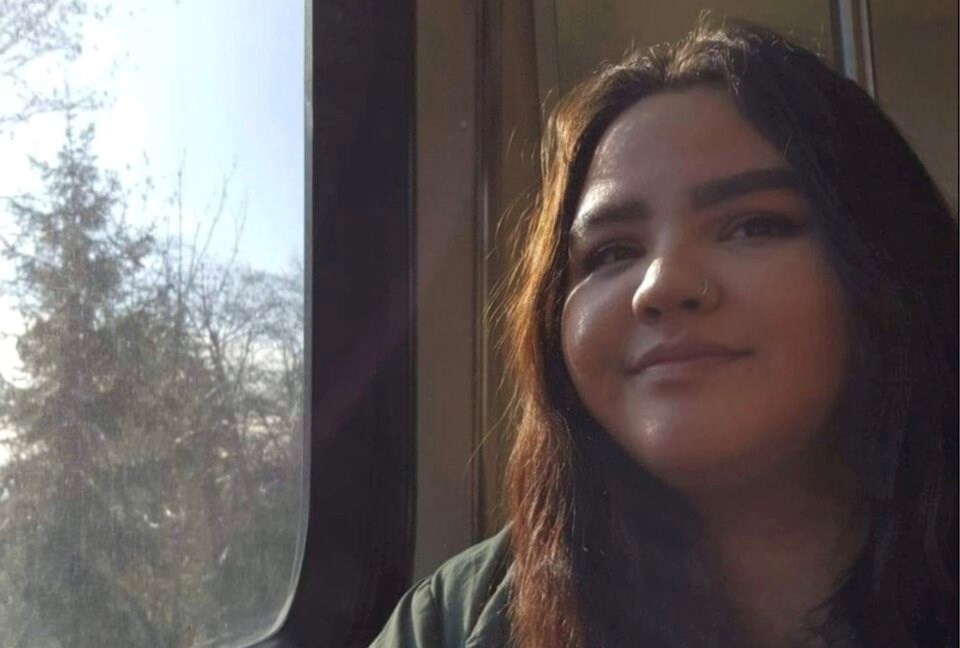Nearly a third of recently graduated university students lost their job as the COVID-19 pandemic hit Canada, while nearly a quarter had a scheduled interview cancelled, a new report has found.
The data, released by Statistics Canada Friday, painted a picture of labour force disruption that continues three years on. While those in the 2020 graduating class were just as likely to be employed today, they were less likely to be working full time.
Jodi Dekker, a 20-year-old student at the Indigenous pathways program at Coquitlam's Douglas College at the time, had her practicum at the Maples Adolescent Treatment Centre at the Riverview Hospital cancelled after the pandemic hit in the spring of 2020.
“I lost my chance there. It’s heartbreaking. Maybe it could have put me on a different path,” she said at the time.
Dekker, who hails from Opaskwayak Cree Nation but grew up in Metro Vancouver, says that moment derailed her career path.
She put school on hold, and worked at local grocery store deli. Four years later, Dekker says her dream practicum has been eliminated and she is still struggling to get back on track.
“That would have been such a big help for me,” Dekker said. “I would have had a foot in the door for an actual career rather than just a job like Save-On-Foods.”
Dekker is not alone. According to Statistics Canada, graduates who faced pandemic-related disruptions to their work plans in 2020 were twice as likely to be unemployed, and had a lower median income, ranging from 9.6 per cent lower for college graduates to 16.3 per cent lower for master's graduates.
By 2023, pandemic-affected graduates were more likely to feel overqualified and less likely to hold a job strongly related to their program of study.
Graduates impacted by the pandemic were also less likely to have pursued additional studies, with more than 34 per cent choosing to change their plans for further education, the StatCan report found.
“For some graduates, the pandemic appeared to have a lasting effect on their education plans,” wrote researchers in a summary of their findings.
“I remember going to school before the pandemic. I was so excited. I had so much motivation,” Dekker said.
“I just kind of lost all my motivation and fell into a depression.”
Now 24, Alexa Fordy was in her last year of studies at the University of British Columbia when the pandemic hit.
In February of that year, Fordy remembers going to an orientation before leaving on a student exchange to New Zealand. Her plan was to use the experience to immerse herself in Maori Indigenous law in preparation for her career.
“Three weeks later, the whole world entered global shut down, and then they cancelled our exchanges,” she said.
On the one hand, Fordy says she has been lucky. In the intervening years, she has survived getting laid off from a job helping people in Vancouver’s Downtown Eastside, and now works as an analyst with a project supporting Indigenous young people who use drugs in B.C. But at the same time, her dream to pursue a career in Indigenous law was put on hold.
Fordy said missing the exchange to New Zealand felt like getting passed over for something she worked really hard for.
“Now, I have to do it all at my own expense. Now, if I were to go take a program, that will cost four times more than if I were to go on an exchange program,” she said.
“I guess I'm not going to New Zealand until I can afford it.”
As for Dekker, learning that others like her struggled to find their chosen career path had one silver lining.
“It's nice to feel that I'm not alone,” she said.





